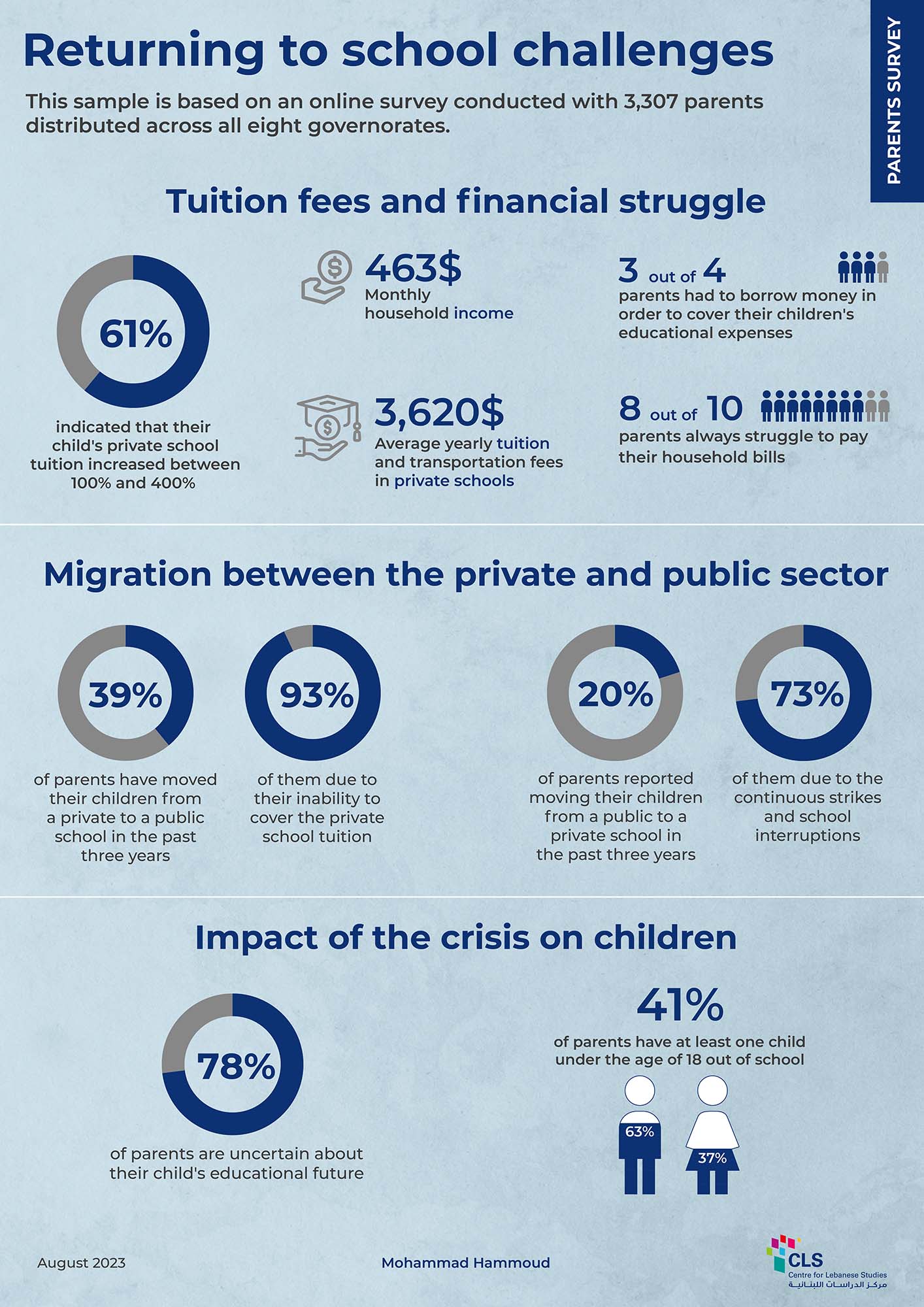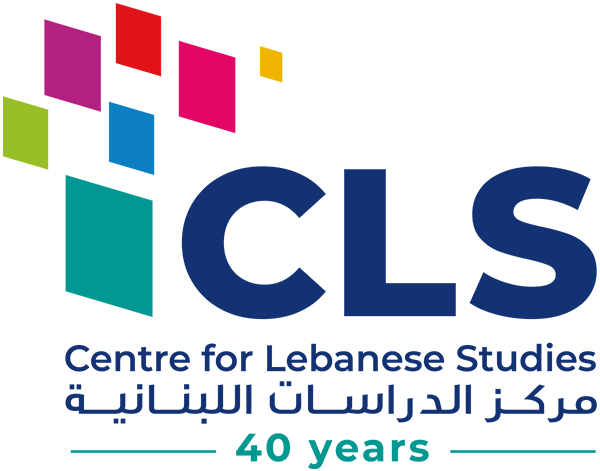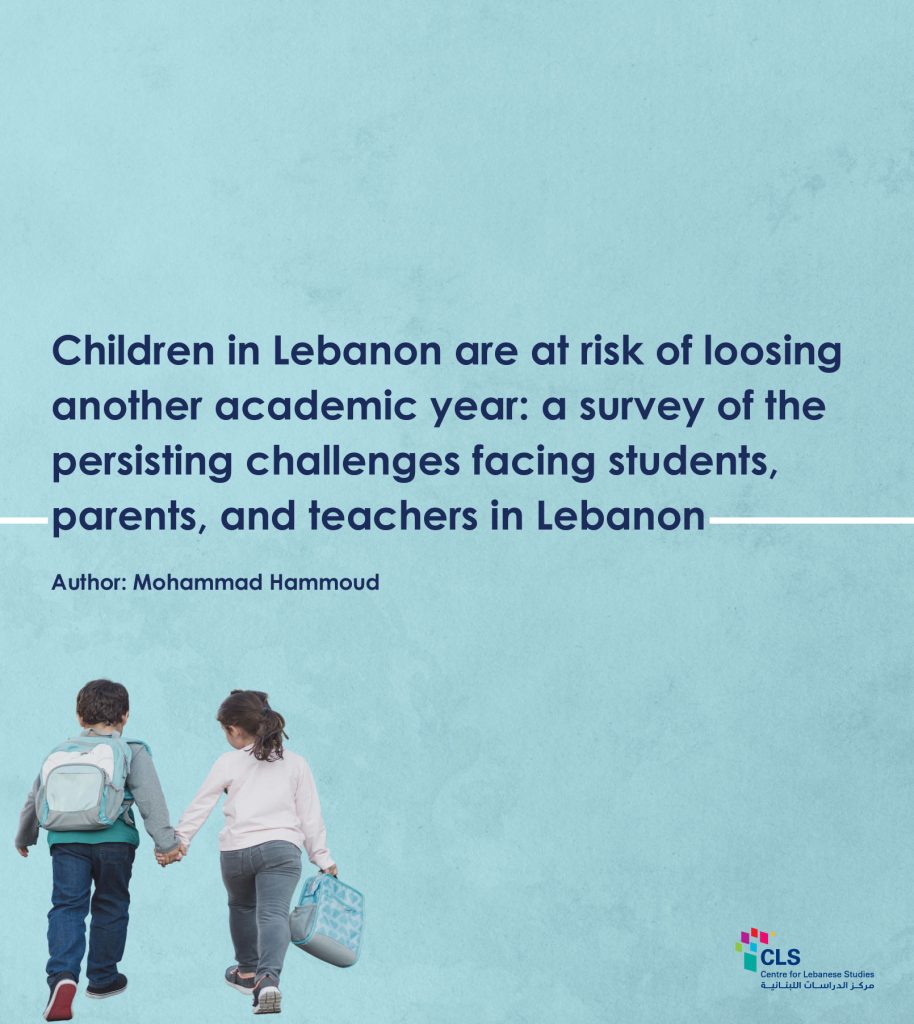In our yearly attempt to assess the readiness for the new academic year in Lebanon, the narrative remains largely unchanged for the third consecutive year. The challenges and uncertainties that plagued the three previous academic years persist, putting the country’s educational sector and the learning prospects of millions of Lebanese and Syrian students at risk. The pressing concerns and challenges also impact the livelihoods of teachers who are caught in this seemingly never-ending cycle of financial insecurity. Over 39,000 public school teachers and more than 50,000 private school teachers continue to face the dilemma of allocating their meager salaries to meet basic living expenses or to cover the cost of commuting to school.
Parents, on the other hand, are faced with a different dilemma. Over the past three years, many families have forcibly moved their children from private to public schools to evade the unregulated increases in tuition fees. However, they were met with continuous interruptions at public schools caused by recurring strikes as a result of the unmet demands of teachers. In effect, public education has become a less appealing choice but, in many cases, the only affordable one.
Amid these increasing challenges, the minister of education announced that the start of the upcoming academic year will solely depend on the availability of funds. The announcement exacerbated the anxiety of public school students and their families. At the moment, there are no real solutions nor pledges to provide the needed funds.


